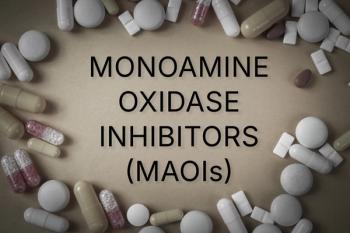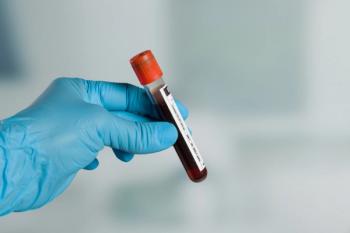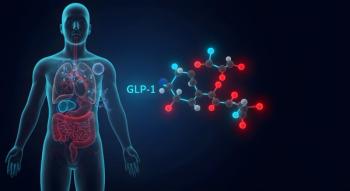
In this CME article, discover effective strategies for prescribing MAOIs in treating major depressive disorder.

In this CME article, discover effective strategies for prescribing MAOIs in treating major depressive disorder.

Ketamine-assisted psychotherapy has transformative potential as a groundbreaking approach to mental health that enhances healing through psychedelic experiences.

Effective psychodynamic strategies can help to engage difficult patients in psychotherapy, enhancing treatment outcomes and fostering meaningful therapeutic alliances.

Discover 6 essential steps for psychiatrists to enhance the effectiveness of CBT and DBT in treating young patients.

The strong emphasis on neuroscience in the 1990s and early 2000s is now giving way to a new psychiatric pluralism, one that increasingly views psychotherapy as real treatment and psychosocial factors as fundamental to understanding the causes and basic nature of psychopathology.

Social media use among older adults shows potential benefits for reducing loneliness and improving psychosocial well-being, though results vary across studies.

"He slaps a chest film on the light box and hooks a bleary intern: Tell me, doctor, what is the shape of this child’s ears?"

Borderline personality disorder represents 10% to 25% of the patients who would be considered to have borderline personality organization. Explore the complexities of its stigma and effective treatment strategies.

Jesse H. Wright, MD, PhD reflects on his groundbreaking contributions to cognitive behavior therapy and the evolution of psychiatric education over 5 decades.

Discover promising new treatments for schizophrenia, including NBI-1117568 and CPL’36, showcasing significant symptom improvements and safety profiles.

Learn more about how serum drug levels enhance psychiatric treatment by providing critical insights into medication efficacy and patient outcomes.

How can we teach psychopharmacology in a way that engages today's digital-native psychiatry residents and enhances real-world application?

Long COVID presents complex symptoms without clear diagnostic criteria, challenging traditional medical understanding and emphasizing the need for compassionate care.

GLP-1 receptor agonists emerge as potential game-changers in psychiatric treatment, targeting mental disorders and improving cognitive function.

Roger S. McIntyre, MD, FRCPC, shares the backstory and pharmacology of incretins to better understand the role of GLP-1 RAs in psychiatry.